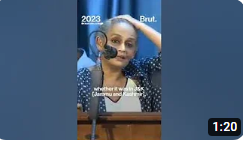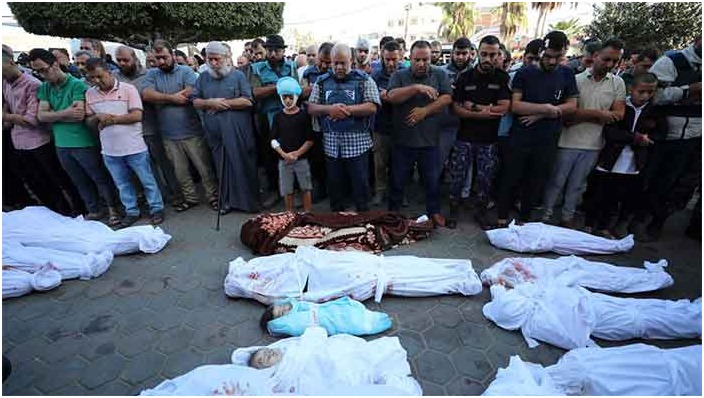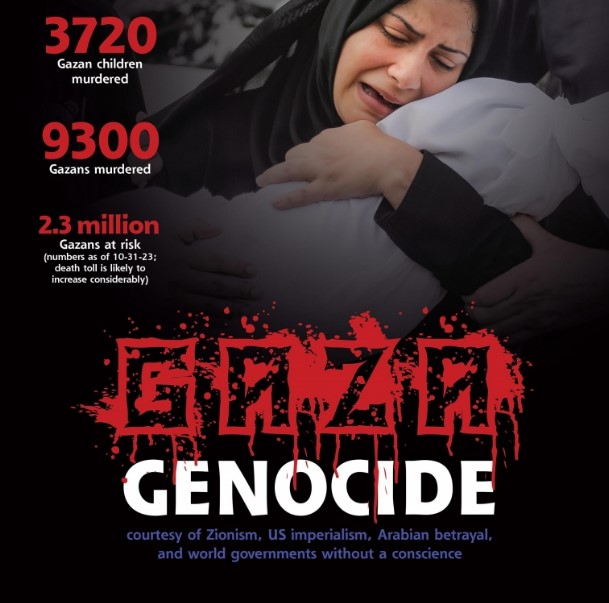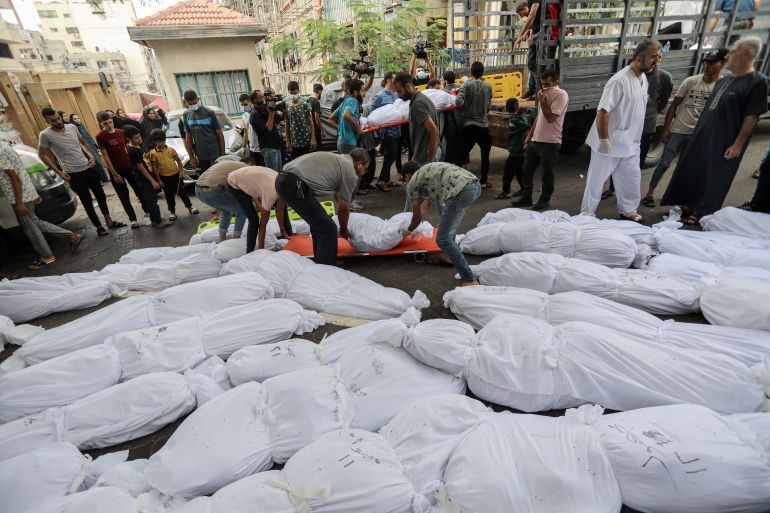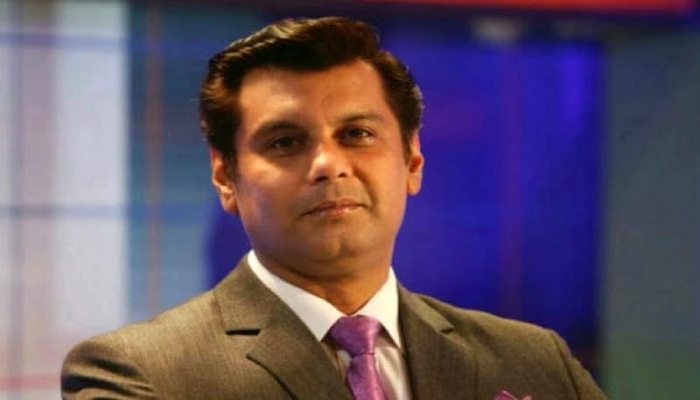Could Student Protests Break the Back of Bangladesh’s Ruling Party?
1 comments | by admin

Student-driven protests erupted in Bangladesh on Sunday after thousands of young people staged sit-ins and other demonstrations in protest of the government’s “affirmative action” policy to allocate 56% of civil service positions to the children of veterans from the 1971 war and what have been described as disadvantaged minority groups. The latter category is usually afforded certain privileges in many societies across the world, but the first-mentioned one isn’t, thus making it appear to some that the ruling Awami League is trying to create a privileged class of state beneficiaries as a vote bank for dividing and ruling the majority impoverished population. The students are concerned that they’ll have difficulty finding respectable employment in the remaining 44% of the civil society positions available if the majority are already taken by potentially unqualified individuals who simply satisfy one politically defined criterion.
The authorities’ violent reaction to the students runs the risk of energizing the opposition Bangladesh Nationalist Party (BNP) that’s been the Awami League’s chief rival since independence and whose leader was recently found guilty of corruption charges in what she claims was a politically motivated show trial designed to prevent her from running in this December’s elections. BNP leader Khaleda Zia and Awami League head Shiekh Hasina have been competing with one another for decades already and both have ruled the country at different times, but their personal feud has far-reaching international dimensions because of the differences in their foreign policies. The BNP is closer to Saudi Arabia and China, while the Awami League is known for its friendship with India that some critics allege has become too close for comfort lately in threatening to turn the country into New Delhi’s client state.

Supporters of the ruling Bangladesh Awami League
In addition, the Awami League has been accused of creeping authoritarianism that some observers fear is radicalizing members of the opposition and making them susceptible to the type of extremist recruitment that could dangerously turn Bangladesh into “Bangla-Daesh”. Khaleda Zia’s imprisonment has prompted calls for the BNP to boycott the upcoming elections just like they did last time around and therefore deprive Sheika Hasina’s resultantly expected victory of any real legitimacy, though before that happens, the state’s violent response to the student unrest and the BNP’s lack of participation in the polls will probably draw extra attention to the country’s domestic situation. Any condemnation from leading international players might lead to the relative “diplomatic isolation” of the country and its further dependence on India, potentially turning fears about its junior status vis-à-vis this Great Power into a fait accompli.
